 PET TIPS
PET TIPS 
Tips to make your pets lives better!
Puppies / Kittens
A new puppy will often whine because he misses his mother. Wrap a towel around a warm hot water bottle and place it in his bed. A ticking clock or a radio playing softly will also help.
To help keep your puppy from chewing on the carpet and furniture, be sure he has his own rubber toys and a premium dog blanket to cover your couch or any places where your puppy usually does play. On furniture (table, chair legs, etc.) that he is chewing on, try putting a little oil of cloves on the wood. The odor should keep him away, if not, the bitter taste will.
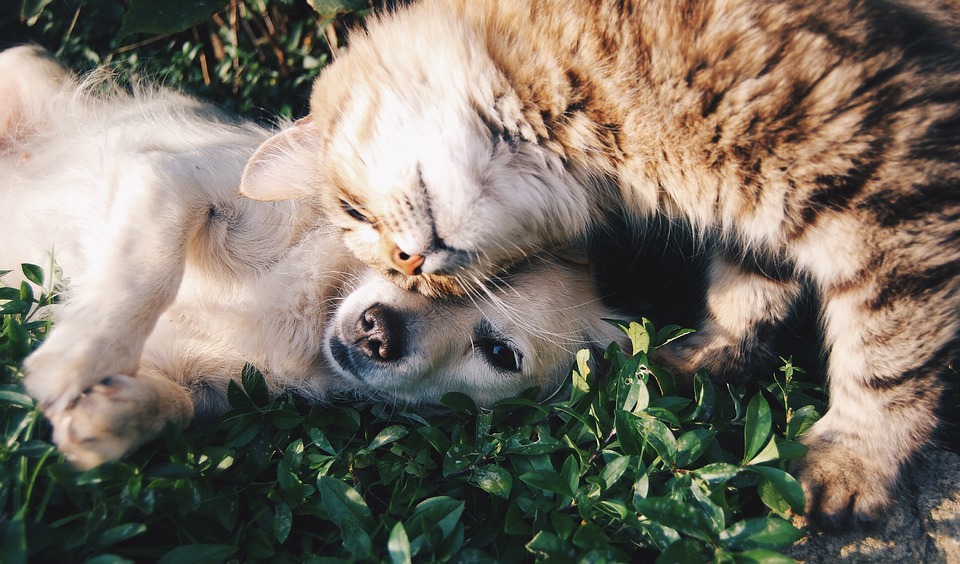
For a new litter of puppies or kittens, confine them in a mesh playpen. With a wooden playpen with wooden slats, tape screen around the pen so they won't get out. Children's plastic pools are great for new puppies. The pool can be rinsed out to rid odors or messes.
To get your puppy's attention, put a few pennies in a empty soda can and shake. The noise will make him stop what he is doing. This can be a good training tool.
Housebreak your dog by hanging a bell by the back door. When you want to take your puppy outside, ring the bell. As he gets older he will ring the bell when he needs to go out.
Don't leave cigarette butts in ash trays where a puppy can get to them. If eaten, cigarette butts can lead to nicotine poisoning.
Always keep the toilet lid down if you use toilet bowl cleaners. They are often strongly alkaline and tempting for pets to drink.
Keep your pets away from toxic plants. Rhododendron, Japanese yew, and lily of the valley, as well as peach and cherry pits, can all cause problems if eaten.
Be certain automotive anti-freeze is kept out of reach and any drippings are cleaned up completely. Pets are attracted to its scent. Antifreeze is highly toxic.
Secure electrical cords to baseboards or make them inaccessible. If your pet chews on them, it can suffer electric shock burns and may even die.
To hide cords that can't be made inaccessible, you can place paper towel or toilet tissue cardboard rolls over cords. Place construction cardboard on walls over cords.
Never give your pet chocolate. This can be very toxic to your pet.
Washing
Remove burrs from your pet's fur by working oil into the tangle or by crushing the burrs with pliers. You can comb out crushed burrs as they lose their holding power.
When bathing your pet, place a rubber mat in the bottom of the tub for a more secure footing for your pet. It will feel safer and be more relaxed.
When washing your pet, a creme rinse is helpful for dogs that have fur that tangles.
To wash away strong odors and cut soap film, add vinegar or lemon juice to the rinse water.
Baking soda in the rinse water will leave your pet's coat odor free, plus softer and shinier.
Place a tea strainer in the tub drain to keep pipes from clogging up with your pet's hair.
Dry clean your pet instead of washing, by rubbing baking soda into his coat thoroughly and then brushing off. This will deodorize as well as clean.
Your dog's ears can be washed out with a vinegar and water solution. Mix equal amounts of water and vinegar in a small bottle. This is the same thing many vets use, except it doesn't have any coloring.
If your pet has had a run in with a skunk, in a well ventilated area, wash your pet in tomato juice. Then wash with shampoo and water. Rinse with a gallon of water to which a few tablespoons of ammonia have been added. Thoroughly rinse your pet with clear water.
A little Peanut butter spread on a ferrets tummy can distract him long enough for you to clip his nails. And you can use a nail file to file down the sharp ends on a frisky animals nails. The metal ones, on nail clippers, for bigger animals and emery boards for smaller animals. No more bleeding nails.
If your puppy has an accident, blot up as much moisture as possible. Rub the spot with a solution of vinegar or lemon juice and warm sudsy water. Blot a few times, then pour straight club soda over the spot and blot again. Place a dry towel over the stain and put a heavy object (like a book) on top of it. Replace towel if it becomes soggy and repeat blotting.
For cat accidents, follow the same steps but, when the spot is dry, rub with a cloth dampened in ammonia. This will take the offensive odor away and it will prevent the cat from ever going in that spot again.
Reflector tape on your pet's collar might help cut down on the danger of its being struck by a car at night.
Fleas
To rid your pet's house of fleas, place pine needles in the house or under his bedding. Salt crevices of dog houses to keep fleas out.
Wash your pet in salt water to kill the fleas on them. Brewer's yeast rubbed on your dog's coat prevents fleas.
If you're going to use a flea collar on your pet, be sure to put it on before flea season starts.
Vacuum floors and carpets often during flea season. Put salt or mothballs in vacuum bag to kill hatching fleas.
Dish / Food
Your pet's dish will stay put while he is eating if placed on a rubber mat.
To keep ants out of your pet dishes, place the food dish inside of a pie pan of water.
Store large bags of pet food in clean plastic pails with lids. Keeps food fresh and easy to dish out.
To keep stray dogs from attacking your garbage, sprinkle full-strength ammonia over the garbage bags before placing them in cans.
If your dog stays outside in a dog house, make a flap for the house entrance to keep the wind and rain out. A rubber floor mat or carpeting cut to size and slit up the middle makes nice flaps.

To keep cats off of tables, put strips of double faced tape on them. Cats will not like the feel of the sticky substance on their paws.
Cats hate plastic so to keep your cat off your chairs, cover the chair with plastic until he learns it's off limits.
A spray bottle of water will quickly train a cat not to do something.
Cats love to hide in empty boxes or paper sacks.
Attach a string to a ping pong ball and hang it on a chair or shelf to entertain your pet.
Crumble aluminum foil into a ball for your cat to bat around. Garbage bag twist ties and the plastic rings from the neck of plastic gallon milk containers are hours of entertainment for cats as well.
When your cat refuses to take liquid medicine, spill the medicine on his fur. He will lick himself clean and take medicine at the same time.
Remove your pet's hair from your clothing by using masking tape. Roll tape out and attach the tape backwards on the roll so the sticky side is out. Roll the tape on your clothes and the hair will stick to the tape.
To remove excessive hair from clothing, dampen a sponge and briskly rub clothing. Hair should ball up and you'll be able pick off the hair balls.
Travel
If you plan to travel with your pet, start out with small trips first before going on long trips.
Be sure to pack a pet's own food and water to avoid upsets on trip. Some animal's stomachs will become upset on food or water that it is not familiar with.
Pets should be confined in carriers while traveling. Your pet will be unable to leap from open doors or interfere with driving.
Dog harnesses are available that hook to car seats.
Sedatives from your veterinarian can be given to jittery pets for unavoidable traveling. Otherwise if your pet doesn't like traveling it's better to leave him with a sitter.
Be sure to have identification on your pet while traveling. Be sure to include area code with telephone number. Two collars are good in case one falls off.
Birds
If you're a bird lover, help make their nesting easier by providing building material. Collect bits of string, yarn, hair from your brush, lint from dryer. Fasten together lightly and attach to a tree branch.
In winter, treat birds to a pine treat by covering pine cones with hardened bacon grease (or other fat) and roll in bread crumbs or bird seeds.
Pine cones can also be coated with peanut butter and rolled in sunflower seeds.
Don't forget the hint from the kitchen section. The one that you use for cooking grease and birdseed.
To attract birds to an outdoor birdbath, drop a few colored marbles into the water.
If you have a indoor bird for a pet and it gets loose in the house try this: Close the drapes and turn off the lights. Birds will usually stay motionless in the dark and you'll be able to catch it easier.
Fish
Are you thinking about getting fish? Well, then you're not alone. Aquarium fish are the most popular pet in the United States. The easiest tropical fish for beginners are Guppy, Molly, Betta, Neon Tetra, Goldfish, Angelfish and Oscar fish. The size of the tank you need obviously depends on the size of the fish and how many you're getting, but starting out with at least 10 gallons is a good idea and then add one small fish per gallon of water. A fish needs a balanced diet, clean water, good water movement, a filter and lighting.
More Pet Tips:
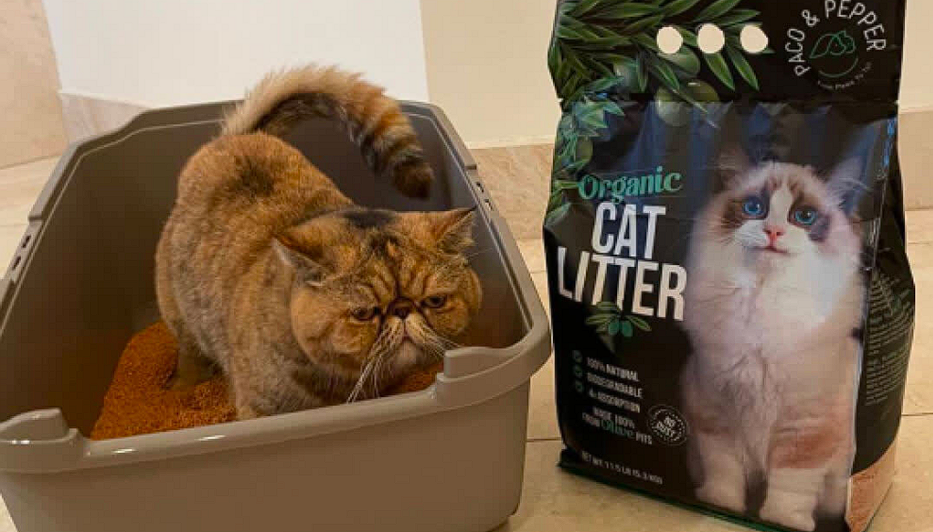
Pet Tips
Is Cat Litter Flammable? Fire Safety Facts Every Cat Owner Should Know
February 01, 2026
Is cat litter flammable? Learn how clay, silica, corn, paper, and olive-pit litters react to heat, plus real fire risks, safety data, and prevention tips…
Read More
Pet Tips
Livestock Sheds: Protecting Animals and Organizing the Farm
November 20, 2025
Learn how livestock sheds support animal safety, comfort, and farm organization. Discover why they're essential for small farms, homesteads, and rural properties…
Read More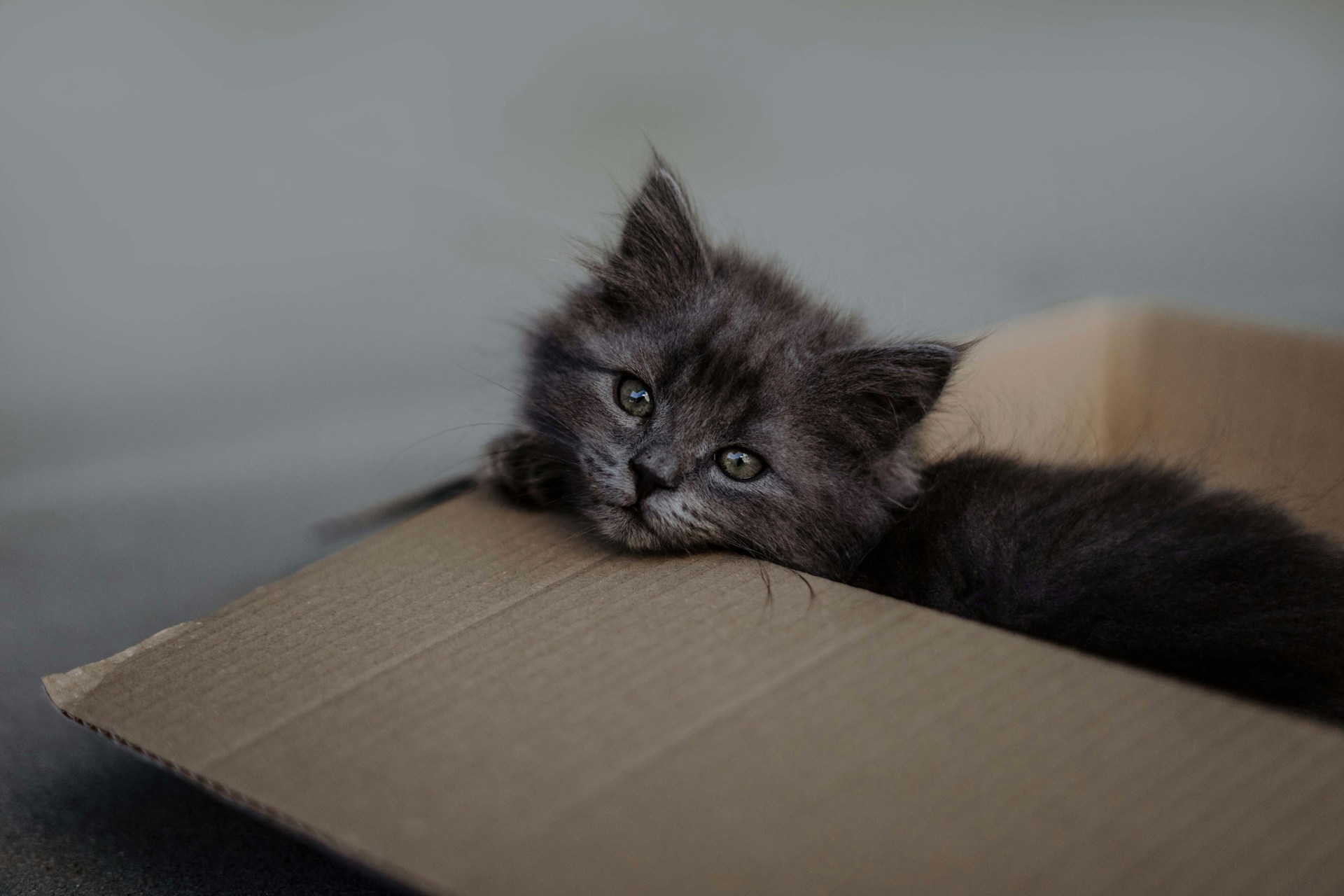
Pet Tips
Help Your Pet Adjust to Your New Home in Boston
October 27, 2025
Moving to Boston with your dog or cat? Tips on pet-proofing your new home, navigating Boston's pet laws (like dog licensing), and establishing routines to help your pet…
Read More
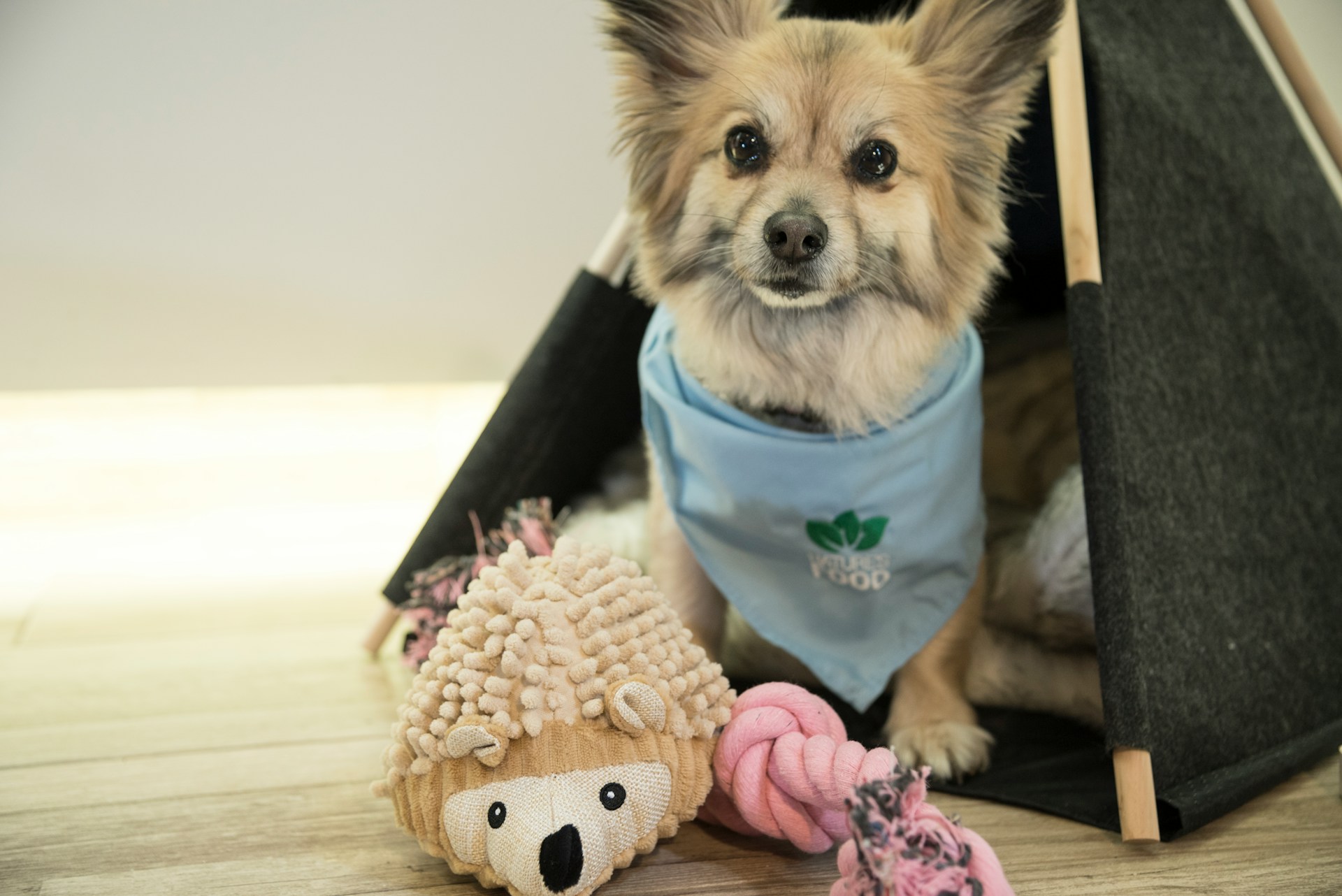
Pet Tips
How to Create a Pet Room: Tips for a Comfortable and Fun Space
August 04, 2025
Design a perfect pet room with tips on layout, comfort, safety, and fun. Learn how to create a cozy, functional space your dog or cat will love to relax and play in…
Read More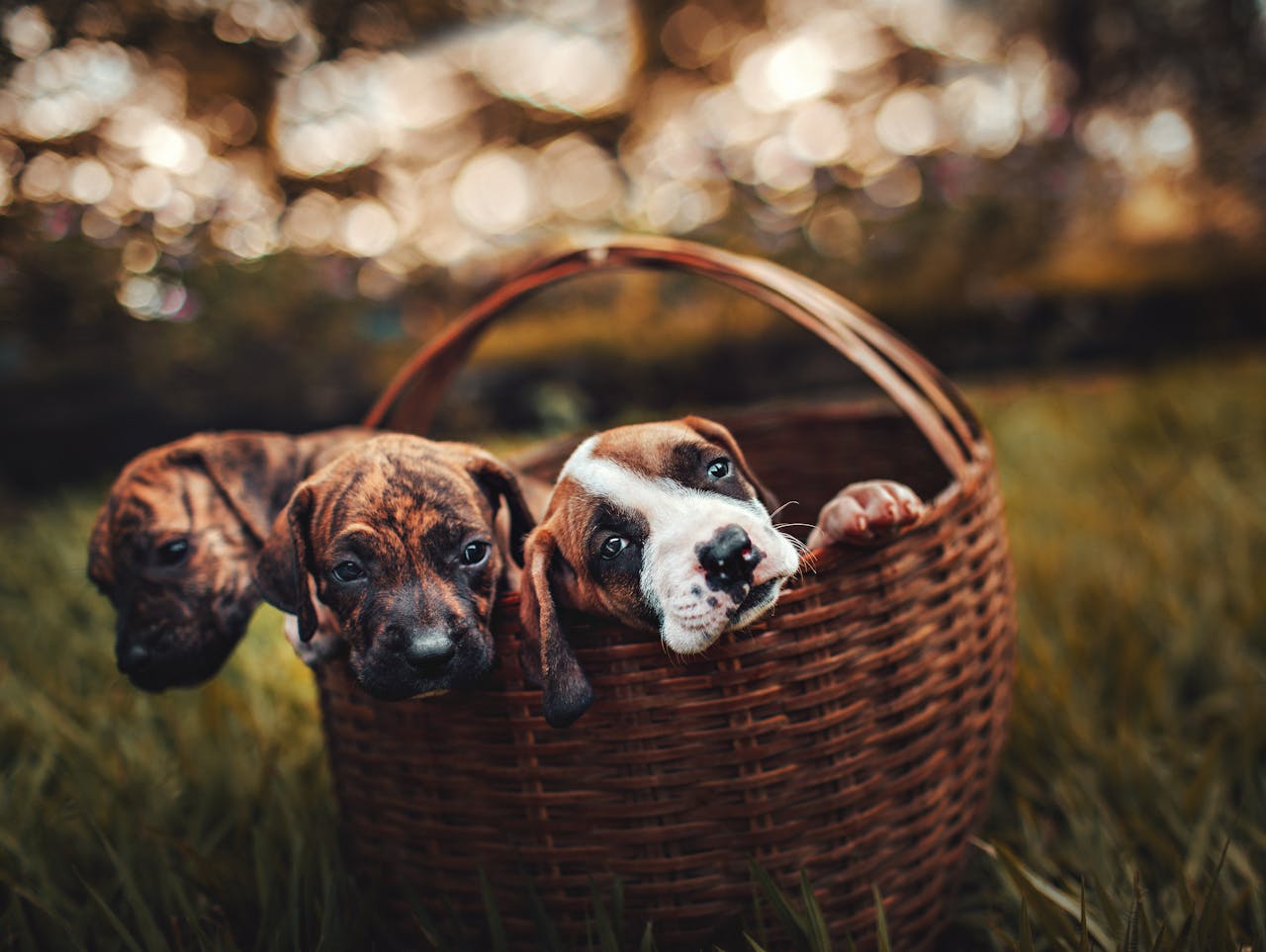
Pet Tips
Keep the Home Clean for Your Pets With These Practical Tips
July 09, 2024
Keeping a clean home with pets involves regular cleaning routines, pet-safe products, grooming, designated pet zones, veterinary checkups, odor control, and pet training…
Read More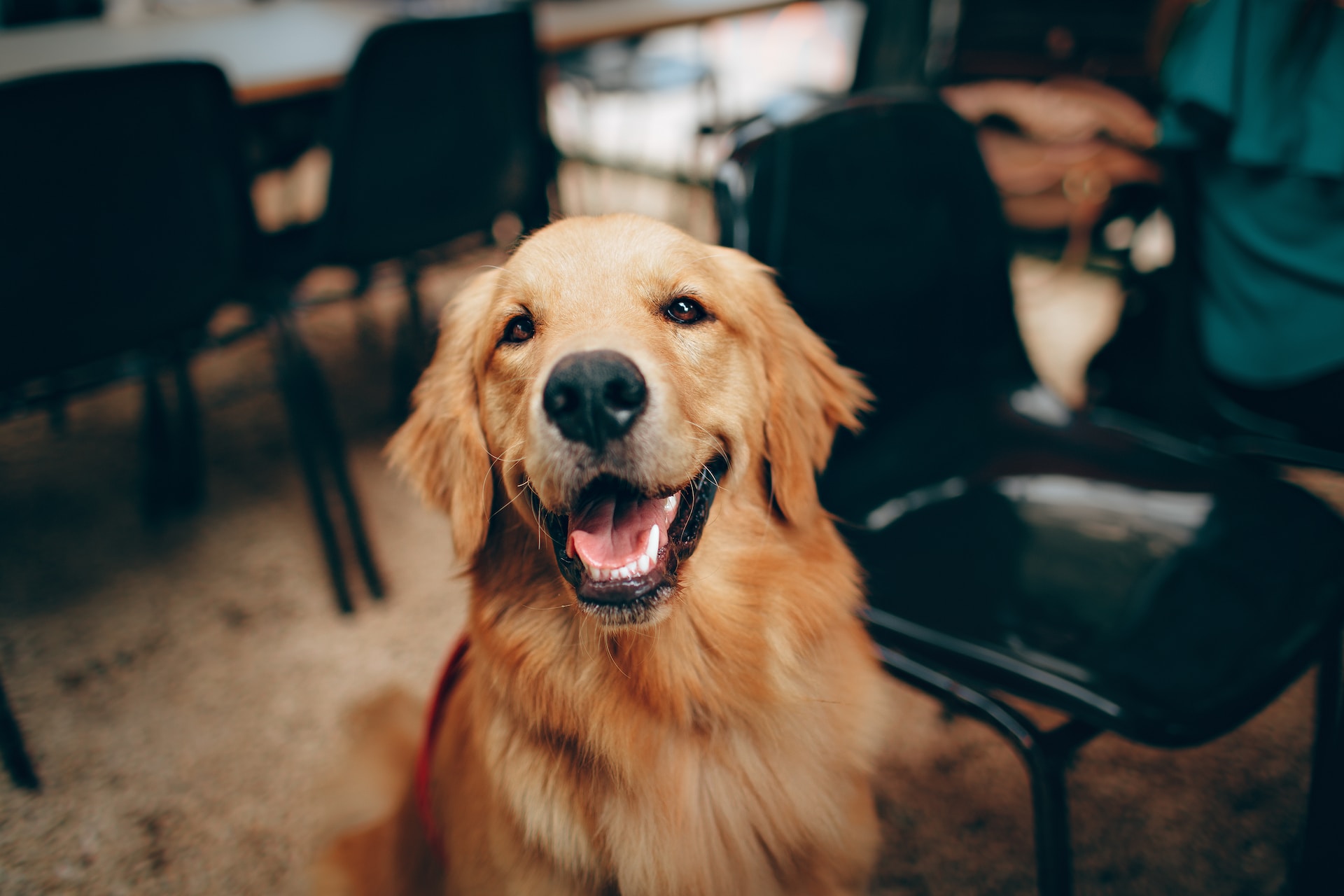
Pet Tips
7 Best Large Apartment Dogs
October 09, 2023
This article features seven large dog breeds suitable for apartment living, discussing their adaptability and considerations such as shedding and drooling. Tips for apartment preparation…
Read More
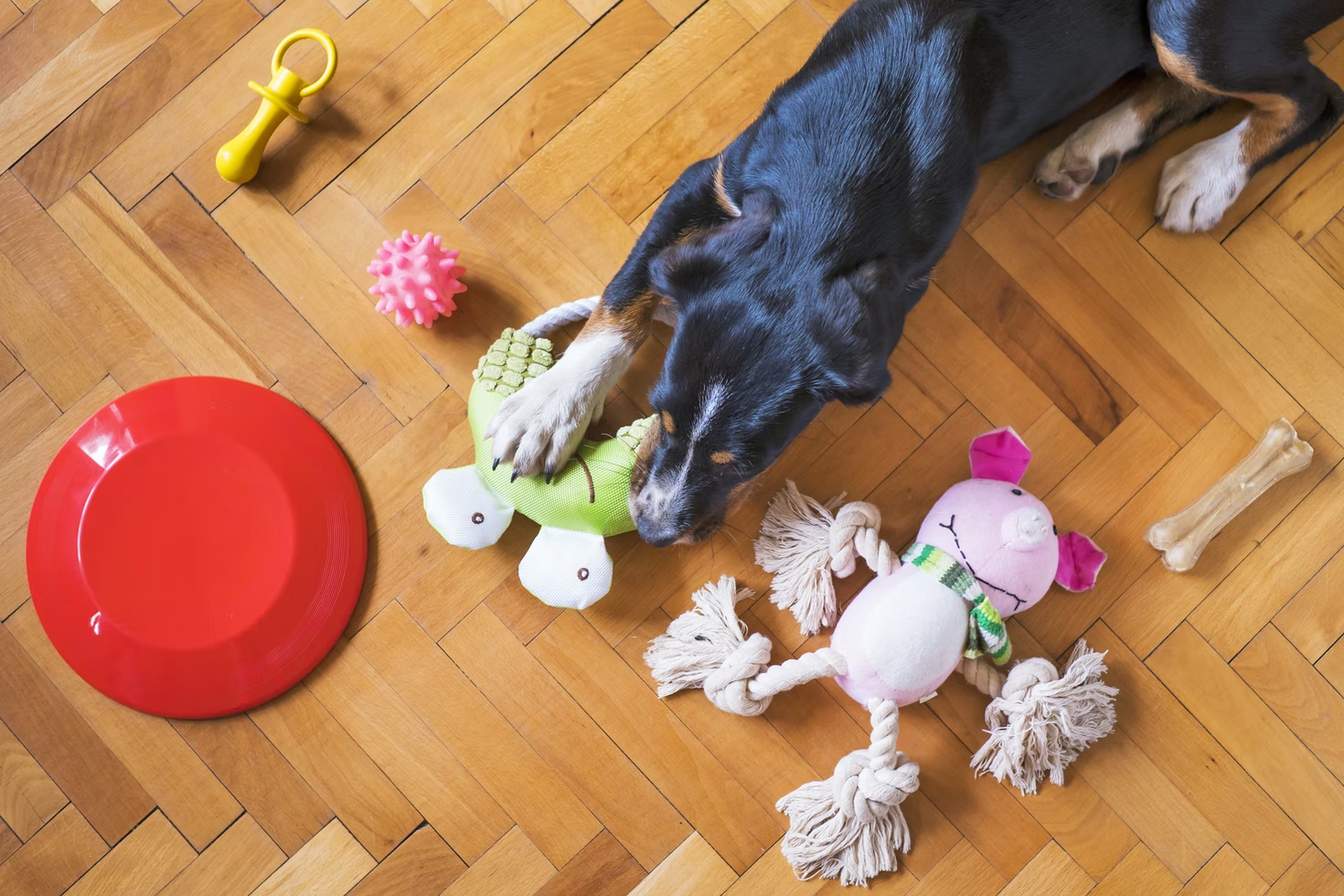
Pet Tips
Enrichment Toys to Keep Your Dog Entertained While You're Away
June 02, 2022
How to keep your dog mentally stimulated while you're away. We've formulated a list of popular toys, from plush hide & seek puzzles and food puzzles to fun DIY toys.…
Read More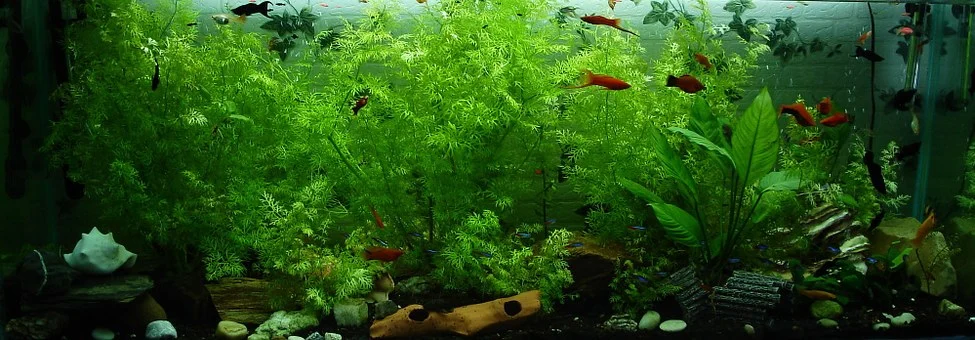
Pet Tips
Essential Equipment That Every Aquarium Should Have
June 30, 2021
Are you wondering why your fish die weeks after purchasing them? Here is an extensive list of the vital equipment that your aquarium needs to live longer…
Read More
Pet Tips
Things to Consider Before Boarding Your Pet
June 08, 2021
Things to consider before boarding you pet. As much as you love your pet, the reality is that they can't come with you everywhere you go. But don't just drop off your pet…
Read More